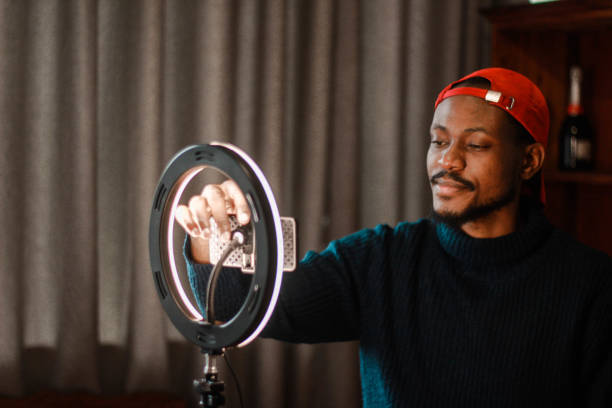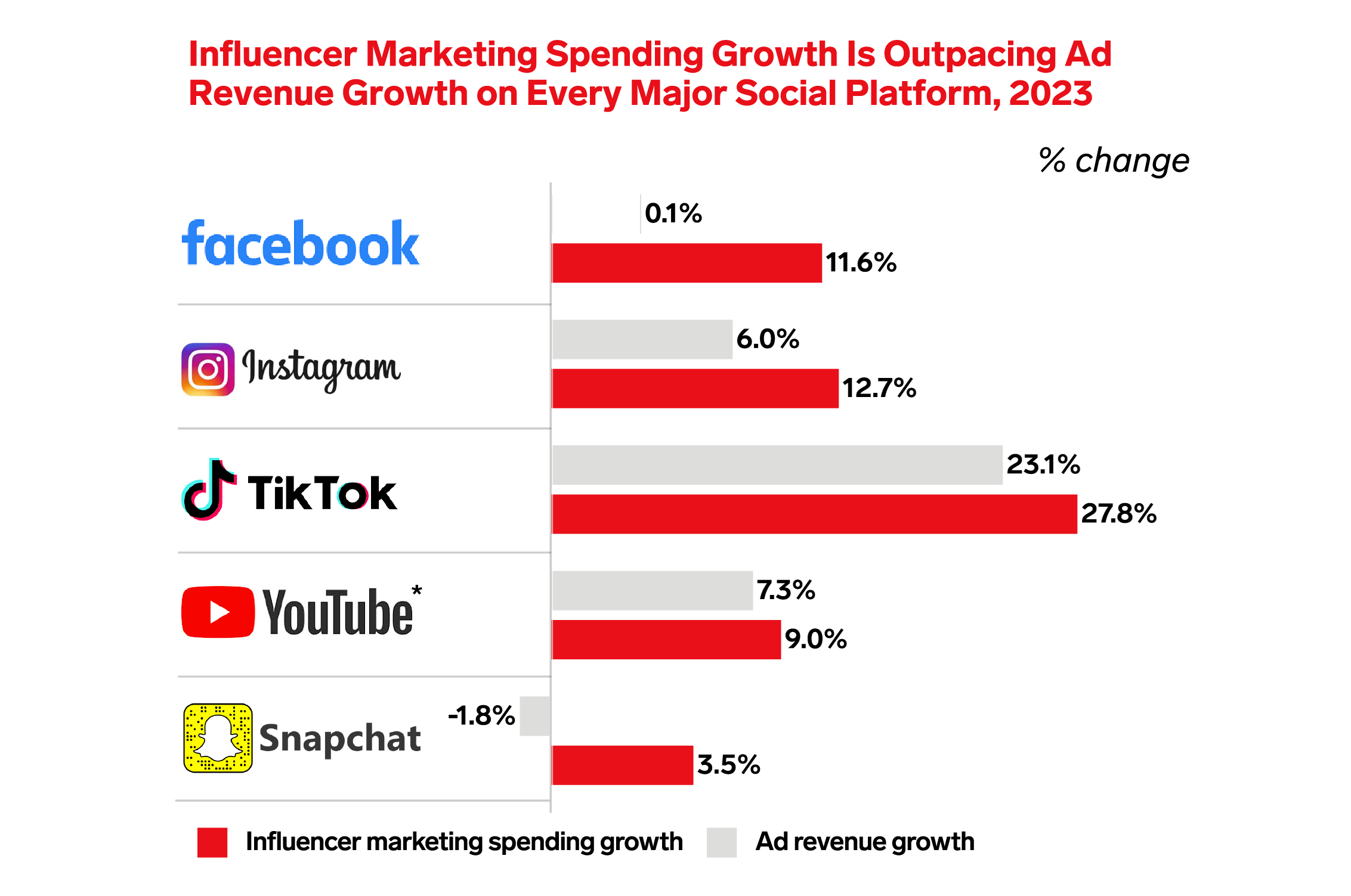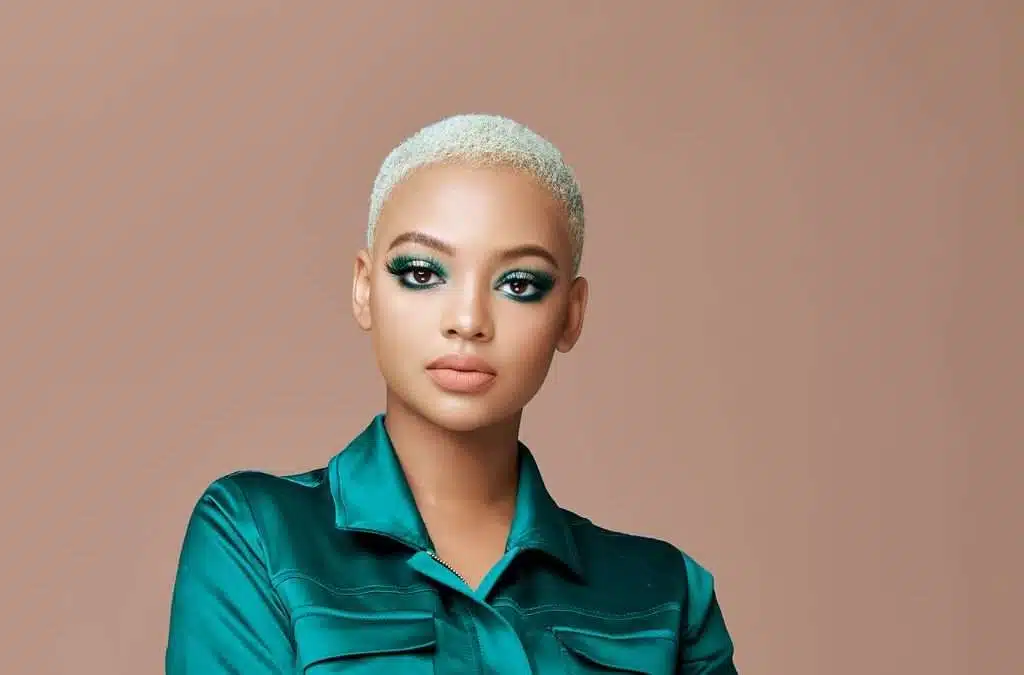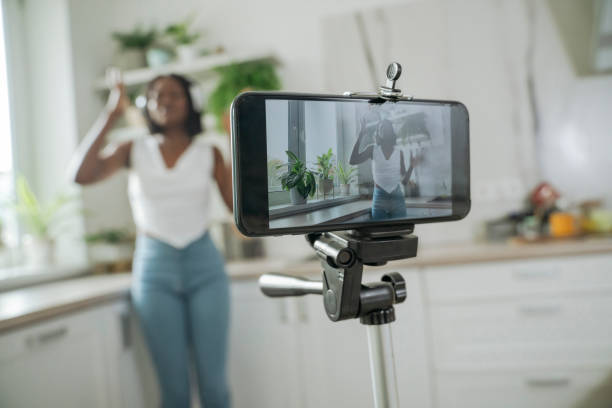The Cost of Influence: Are African Influencers Making Real Money or Just Likes?

The Illusion of Online Glamour
Scroll through Instagram from Lagos to Nairobi and you’ll see it—carefully staged brunches, designer clothes, and those “soft life” snapshots that make everything look effortless. African influencers aren’t just hobbyists anymore; they’re right up there with celebrities, setting trends, shaping how people talk, and nudging what folks buy. But here’s the thing nobody wants to say out loud: are these influencers actually making money, or just stacking up likes for the thrill of it?
Social media isn't just big in Africa—it's explosive. Nigeria, Kenya, South Africa, and Ghana alone have thousands of content creators generating huge audiences, sometimes reaching up to millions. These are dancers, comedians, stylists, travel enthusiasts—you name it—each one building their own brand for the world to see.
But the more and more people sign up for influencer life, the more distant the leaders become from the rest. A few—like Elsa Majimbo, Jackie Aina, or Khaby Lame (who moved from Senegal to international stardom)—get booked by major global brands. Most others? They’re fighting for local sponsorships that, honestly, pay more in “exposure” than real money.
A marketing manager in Lagos didn’t sugarcoat it: “Everyone wants influencers, but few brands want to pay African rates that match their impact.” So, what you get is a scene full of dreams but not much financial security. For lots of creators, that shiny digital life covers up the hustle—working for free, dealing with unpredictable algorithms, and always scrambling to stay in the spotlight.
The Economics Behind the Likes
Africa’s influencer economy looks big on paper—over $100 million, according to the latest digital marketing reports. But let’s be real, most of that cash lands in the pockets of just a few. The top 5% of influencers take home the lion’s share, while everyone else hustles for brand deals that barely pay for their next shoot.

Money’s tight, too. Brands in Africa just don’t have the budgets you see in Europe or the U.S. There, influencer marketing’s got rules, set rates, and a whole structure. Here? It’s more of a free-for-all. Payment depends on who you know, how well you negotiate, or just how cool people think you are—not just your follower count.
And then there’s the currency headache. Sure, global brands partner with African creators, but they pay out in naira, shillings, or whatever the local money is, and exchange rates are all over the place. Inflation hits hard. If you’re a Nigerian or Kenyan influencer, your cash can lose value before you even spend it. That promise of “global exposure” rarely lines up with what hits your wallet.
However, the times are shifting. Some influencers are venturing further than brand deals—testing subscription models, YouTube ads, affiliate links, or selling online goods such as e-books and courses. TikTok and Instagram have even created creator funds, but, in good faith, those pale in comparison to what Western influencers get.
Then you’ve got the price of looking influential. It’s not cheap. Photo shoots, stylists, traveling, editing programs—it all adds up fast. In a city like Accra or Johannesburg, influencer-dom might be a part-time job before one gets paid a single penny. In the background, some creatives take side jobs or take out loans just to keep up appearances.
But here’s the thing: influence still matters. Even if the money’s thin, people stick with it. In today’s Africa, being seen online isn’t just about vanity—it’s often the first step toward actually getting paid.
Beyond the Hype: What’s Next for Africa’s Creator Class
The future of African influencers really comes down to one thing: can they turn all that attention into real ownership? Some already have a head start. In Lagos, Dimma Umeh went from beauty influencer to business owner, using her online fame to launch her own brand and create new platforms. Down in South Africa, creators like Mihlali Ndamase and Sarah Langa are moving past sponsored posts into business consulting and product lines. Over in Nairobi, travel vloggers like Wode Maya and Kwach Lucas are teaming up with tourism boards, rewriting the story of African travel and pulling in the diaspora. This isn’t just about making content anymore – it’s about building something that lasts.

You can feel the shift. Influence is turning into a real industry. More and more, creators are running their own mini-companies, hiring managers, photographers, marketing staff – the whole deal. In places like Nigeria and Kenya, small influencer agencies are popping up to help with contracts, analytics, and fair rates. The main idea? Stop being just the talent and start owning the platforms and the revenue streams.
Of course, the road ahead isn’t exactly smooth. The support system for Africa’s creator economy is still shaky. Spotty internet, unpredictable ad policies, and problems with getting paid online all make it tough to earn a living. YouTube monetization, for example, isn’t available everywhere, so creators have to get creative with VPNs or work through partners abroad just to get paid. Instagram’s Reels Bonus and TikTok’s Creator Fund barely touch the continent, so going viral doesn’t always mean making money.
Governments are starting to catch on. South Africa and Kenya are rolling out digital tax policies that treat influencers like self-employed professionals. It’s a sign that content creation is finally being recognized as real work – but yeah, it also means taxes and paperwork. Some governments are even talking about local creator funds or teaming up with tech companies to back digital entrepreneurs.
But this whole movement isn’t just about money or policy. There’s a huge social piece, too. In a lot of African countries, being an influencer is about hope. Young people see it as a way to show what’s possible when jobs are few and opportunities are thin. All those snapshots of luxury hotels, fitness routines, and endless travel? They’re not just bragging – they’re signals that someone from here can make it, too.
Still, not everyone buys into the dream. When social feeds are packed with “soft life” content, it’s easy to lose touch with reality. Inspiration can tip into illusion, and suddenly there’s pressure to look successful even when things aren’t going well. Some influencers talk openly about burnout, debt, and the stress of chasing engagement. The price of influence isn’t just about money – it hits mental health, too.
Even so, the pull of digital influence is strong. The next wave belongs to creators who mix influence with something new. Some are teaching online classes about content strategy. Others are setting up digital studios or launching brands that hire local talent. In Ghana, fashion influencers are working with local designers to make “Afro-luxury” global. In Rwanda, tech creators are helping startups market eco-friendly products.
As the scene grows up, African creators have a shot at reshaping global influencer culture – making it more real, more community-focused, and about more than just hype. As one strategist in Nairobi put it, “The goal isn’t to copy Hollywood. It’s to show what our own success looks like.”

In the end, Africa’s digital influence story is still unfolding. It’s not about follower counts – it’s about who’s building something real, both online and off. The days of empty clout are fading. Now comes the era of lasting influence.
You may also like...
When Sacred Calendars Align: What a Rare Religious Overlap Can Teach Us

As Lent, Ramadan, and the Lunar calendar converge in February 2026, this short piece explores religious tolerance, commu...
Arsenal Under Fire: Arteta Defiantly Rejects 'Bottlers' Label Amid Title Race Nerves!

Mikel Arteta vehemently denies accusations of Arsenal being "bottlers" following a stumble against Wolves, which handed ...
Sensational Transfer Buzz: Casemiro Linked with Messi or Ronaldo Reunion Post-Man Utd Exit!

The latest transfer window sees major shifts as Manchester United's Casemiro draws interest from Inter Miami and Al Nass...
WBD Deal Heats Up: Netflix Co-CEO Fights for Takeover Amid DOJ Approval Claims!

Netflix co-CEO Ted Sarandos is vigorously advocating for the company's $83 billion acquisition of Warner Bros. Discovery...
KPop Demon Hunters' Stars and Songwriters Celebrate Lunar New Year Success!

Brooks Brothers and Gold House celebrated Lunar New Year with a celebrity-filled dinner in Beverly Hills, featuring rema...
Life-Saving Breakthrough: New US-Backed HIV Injection to Reach Thousands in Zimbabwe

The United States is backing a new twice-yearly HIV prevention injection, lenacapavir (LEN), for 271,000 people in Zimba...
OpenAI's Moral Crossroads: Nearly Tipped Off Police About School Shooter Threat Months Ago
ChatGPT-maker OpenAI disclosed it had identified Jesse Van Rootselaar's account for violent activities last year, prior ...
MTN Nigeria's Market Soars: Stock Hits Record High Post $6.2B Deal

MTN Nigeria's shares surged to a record high following MTN Group's $6.2 billion acquisition of IHS Towers. This strategi...
